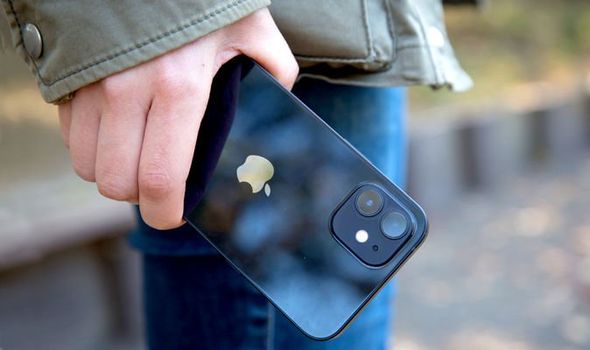Apple has typically placed an emphasis on the security on its various products. However, it appears that thieves have managed to turn an integral security feature on the iPhone, against the victims who had their phone stolen. Here’s how its being carried out.
Thieves can turn Apple’s iPhone security feature against you
These thieves are breaking into stolen iPhones and after stealing the victim’s money, they block out the actual owners from their stolen iPhones. An example of this was highlighted in an Wall Street Journal report earlier this week. The report talked about iPhone owner Greg Frasca, who has been locked out of his iPhone since October from last year. Greg told Wall Street Journal that he is ready to fly all the way down to Apple’s headquarters in Cupertino to prove his identity and that the iPhone is actually his.

Frasca further added that he is even willing to pay a massive sum of 10,000 US Dollars to get back control of his iPhone since it contained 8 years of photos of his daughter. And unfortunately, this isn’t an isolated event and there are others that have been hit with this security exploit. In the case of Frasca, the thieves had stolen his iPhone 14 Pro and used his passcode to change his Apple ID password. Following this, the thieves even enabled the recovery key to prevent him from accessing his iPhone remotely.
For those unaware, the iPhone maker introduced the recovery key feature back in 2020 and it is a randomly generated 28 digit key. One needs to provide this recovery key to gain control of their Apple ID password. However, if a hacker of thief has your password, they can use this security feature against you. This practically leaves you with no method of recovering that account. According to an Apple spokesperson, “We sympathize with people who have had this experience and we take all attacks on our users very seriously, no matter how rare. We work tirelessly every day to protect our users’ accounts and data, and are always investigating additional protections against emerging threats like this one.”
RELATED:
- Apple may bring another Periscope Lens supplier for its iPhone 15 Pro Max
- Apple Struggles to Choose Between Lightning and USB-C for iPhone 15
- Apple Takes a Cue from Samsung and Huawei, Adds Optical Zoom to iPhone 15 Pro Max
- Here’s Probably Why You Should Avoid Buying Samsung ACs in India
- Redmi Note 12s vs Redmi Note 12 Pro 4G: Specs Comparison







